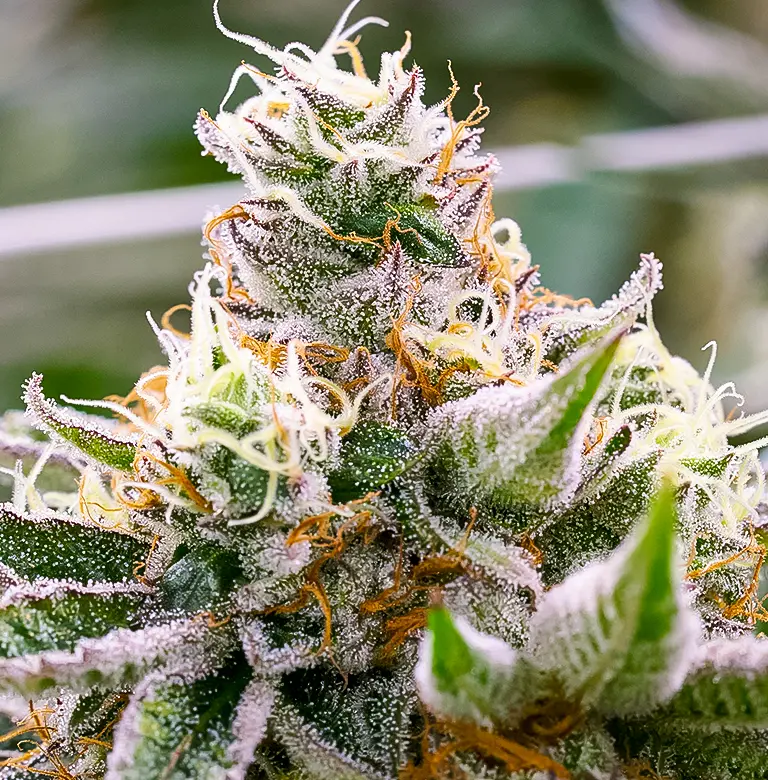Shedding Light on What Medical Cannabis Can Cure: a Comprehensive Analysis of Its Healing Properties
In current years, there has been a growing interest in the therapeutic possibility of clinical marijuana. While unscientific evidence abounds, a detailed assessment of the scientific data regarding the effectiveness of medical cannabis in treating these problems is warranted.
Persistent Discomfort Monitoring
Chronic discomfort monitoring remains a vital element of medical care, requiring a detailed strategy for reliable treatment. Recently, medical cannabis has actually become a prospective healing choice for people dealing with persistent discomfort problems. The endocannabinoid system, which plays an important function hurting modulation, has actually been targeted by cannabis-based therapies to improve and minimize signs lifestyle for people.

In addition, medical marijuana provides a promising option for people that experience excruciating negative effects from conventional discomfort medications. Its ability to address discomfort with a various mechanism makes it a useful enhancement to the collection of therapies offered for persistent discomfort monitoring.
Epilepsy Treatment Prospective
Medical marijuana has revealed encouraging potential in the treatment of epilepsy, offering a novel restorative technique for managing seizures in people. Epilepsy is a neurological condition identified by recurring seizures, impacting individuals of all ages. Traditional therapies for epilepsy include antiepileptic medicines, however these medications may not work for all patients and can have considerable adverse effects.
Research on using medical marijuana for epilepsy has actually exposed encouraging outcomes. Cannabidiol (CBD), a non-psychoactive compound discovered in cannabis, has actually been particularly highlighted for its anticonvulsant buildings. Studies have actually revealed that CBD can minimize the regularity and extent of seizures in patients with treatment-resistant types of epilepsy, such as Dravet disorder and Lennox-Gastaut disorder.
Moreover, the FDA has authorized a CBD-based medicine, Epidiolex, for the therapy of seizures connected with these extreme types of epilepsy. This turning point underscores the expanding acknowledgment of clinical cannabis as an important healing option for managing epilepsy and provides hope for individuals that have not reacted well to traditional therapies.
Queasiness Relief Perks
The relief of nausea via the usage of marijuana has actually been increasingly acknowledged for its restorative benefits in different medical conditions. Nausea and vomiting prevail signs experienced by people going through radiation treatment, those with intestinal problems, and individuals with persistent discomfort problems. Clinical cannabis, with its active compounds such as THC and CBD, has revealed guarantee in providing alleviation from nausea or vomiting.

In addition, medical marijuana uses navigate here an all-natural option for people that do not respond well to standard anti-nausea medications or who experience extreme adverse effects from these drugs. Clients going through chemotherapy, specifically, have actually reported considerable improvements in their lifestyle when using cannabis to take care of nausea or vomiting. As research study in this field continues to grow, clinical cannabis is increasingly being considered as an important alternative for queasiness alleviation in numerous clinical setups.
Anxiety Reduction Results
Researches have actually shown the capacity of marijuana in lowering anxiety symptoms via its interaction with the endocannabinoid system. The endocannabinoid system plays an essential duty in regulating feelings, including anxiousness, by keeping homeostasis in the body. Cannabinoids in marijuana, such as THC and CBD, connect with the endocannabinoid receptors in the brain, specifically the CB1 and CB2 receptors, to modulate anxiety-related actions.

Individuals with problems like generalized anxiety disorder (GAD), social anxiety condition, and post-traumatic tension problem (PTSD) may gain from the anxiolytic residential or commercial properties of marijuana (Medical Marijuana Card Clinton MS). However, further research is required to figure out optimal does, shipment methods, and long-term results on anxiousness administration.
Prospective for Swelling Control
With its known anti-inflammatory residential properties, cannabis has shown promise in possibly regulating swelling within the body. Inflammation is the body's all-natural response to injury or infection, yet when it comes to be persistent, it can add to various diseases such as arthritis, look at this now inflammatory bowel condition, and also cardiovascular disease. Research recommends that the cannabinoids located in cannabis, such as THC and CBD, can help control the immune action and reduce swelling.
Research studies have actually shown that marijuana can connect with the endocannabinoid system, which plays an important role in managing swelling. By targeting the cannabinoid receptors, marijuana compounds can modulate the immune response, causing a decrease in swelling levels. This makes marijuana a prospective candidate for handling inflammatory conditions where traditional treatments have fallen short.
In addition, cannabis-derived products like CBD oil have obtained popularity for their anti-inflammatory residential properties, with lots of people using them as an all-natural solution for problems related to inflammation. While even more research study is needed to completely understand the mechanisms behind cannabis's anti-inflammatory effects, present findings reveal promising results for the potential usage of clinical cannabis in controlling swelling.
Conclusion
In conclusion, clinical marijuana has revealed promising healing buildings in taking care of chronic discomfort, treating epilepsy, alleviating nausea or vomiting, decreasing anxiousness, and controlling inflammation. Its potential advantages in different medical problems highlight the relevance of further research and expedition into its medical use. The proof suggests that medical cannabis could be an important alternative therapy option for people looking for remedy for a variety of problems and symptoms.
In recent years, medical cannabis has arised as a potential restorative choice for people experiencing from chronic discomfort problems.Clinical marijuana has actually revealed encouraging possibility in the treatment of epilepsy, providing a novel healing strategy This Site for taking care of seizures in people. As study in this area proceeds to grow, medical marijuana is significantly being considered as a useful choice for nausea alleviation in different clinical setups.
In conclusion, clinical cannabis has actually shown promising therapeutic residential properties in managing persistent discomfort, treating epilepsy, soothing nausea or vomiting, lowering anxiety, and regulating inflammation. The evidence suggests that clinical cannabis might be a valuable option treatment option for individuals looking for alleviation from a range of signs and problems.